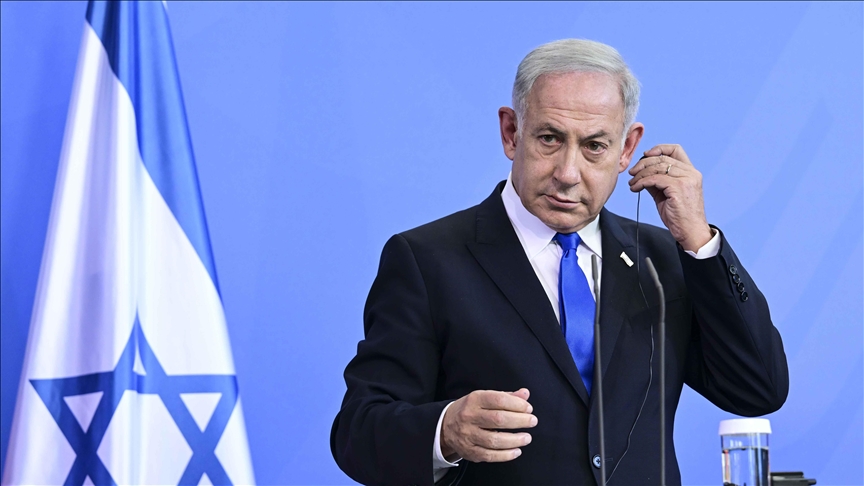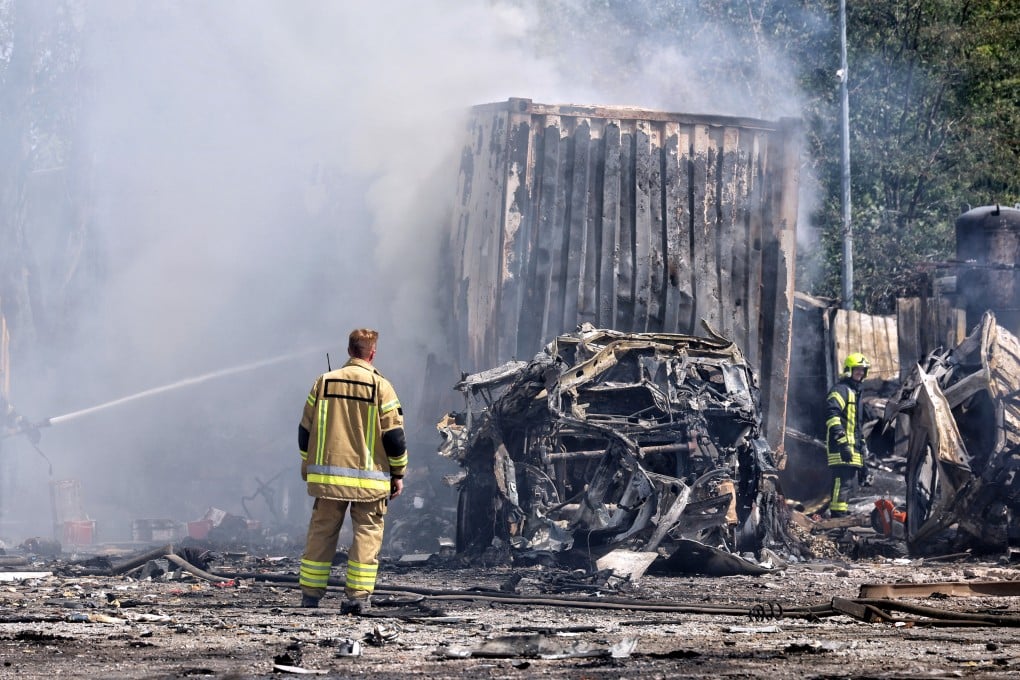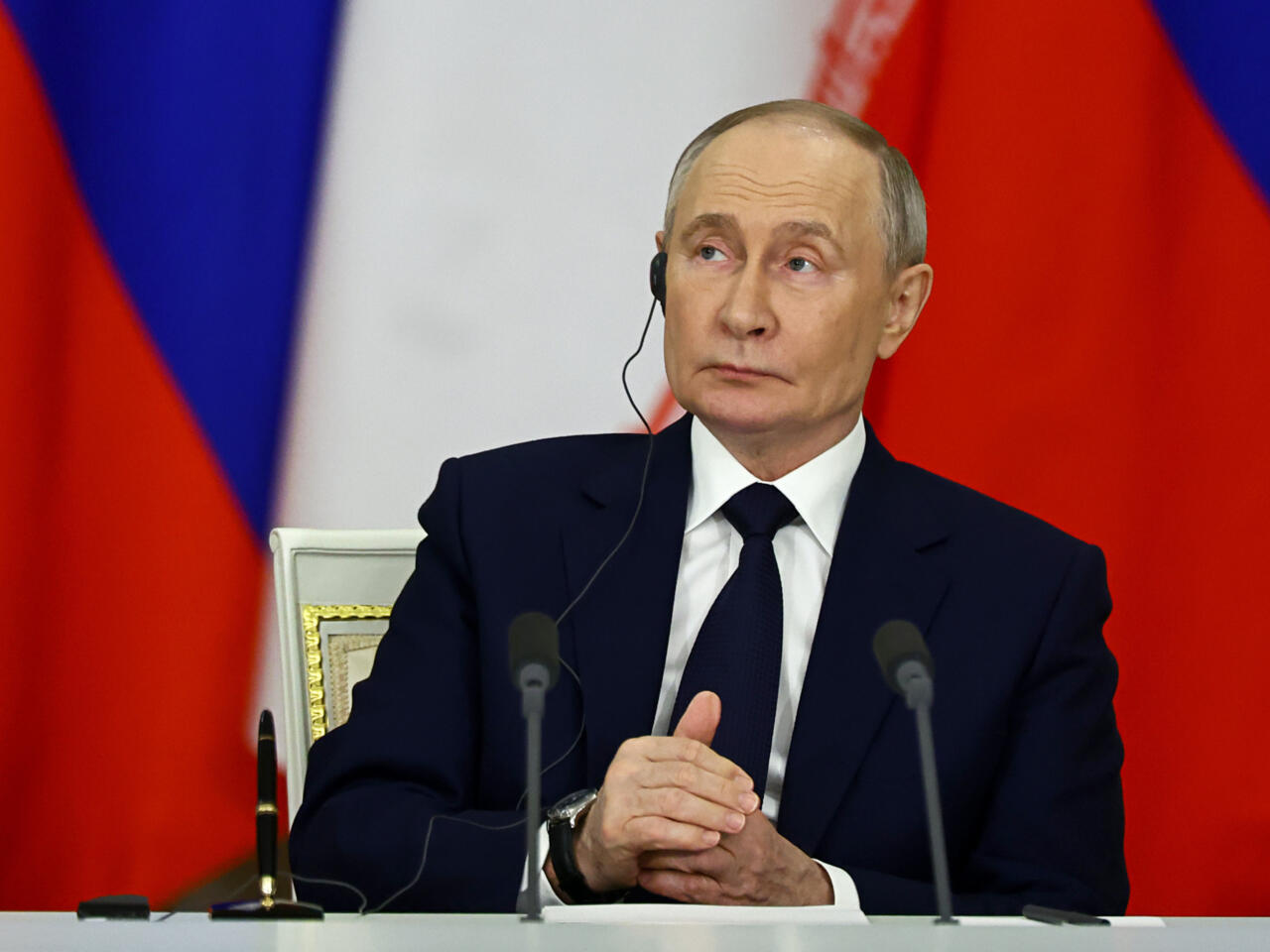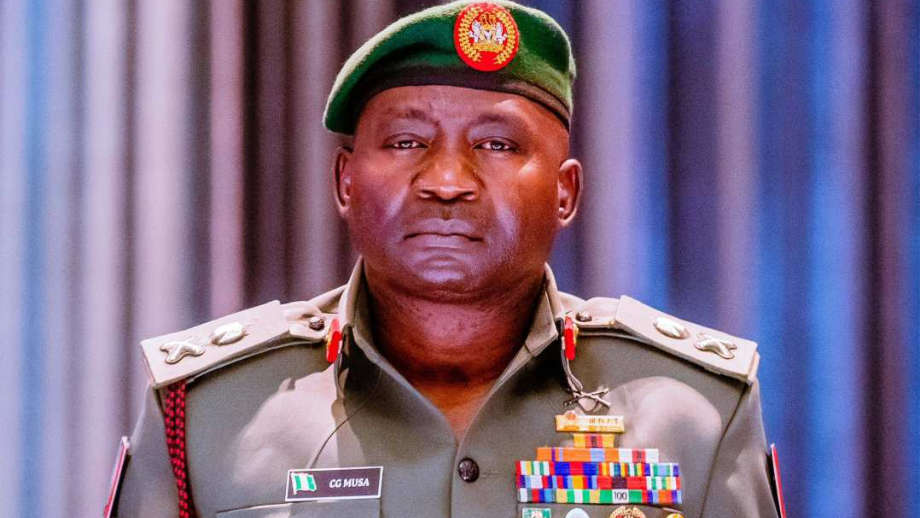Israel has agreed to release Palestinian prisoners who were scheduled to be freed last week in exchange for the bodies of four Israeli hostages, according to Egyptian state-linked media. This development comes as Washington’s top Middle East envoy confirmed that talks for a second phase of the Gaza ceasefire deal remain on track.
The Palestinian militant group Hamas confirmed the release agreement, which was negotiated under Egyptian supervision. Meanwhile, in Washington, US President Donald Trump’s Middle East envoy, Steve Witkoff, stated that Israeli representatives were already en route for further negotiations. Witkoff indicated that discussions could take place in either Doha or Cairo, involving Egyptian and Qatari mediators.
The first phase of the ceasefire is set to end on Saturday, though the second phase of negotiations, initially planned for early February, has yet to commence. Hamas has expressed readiness to release all remaining hostages in a single exchange.
Tensions escalated earlier when Hamas accused Israel of jeopardizing the truce by delaying the release of 600 Palestinian prisoners. Israel justified the delay by expressing concerns over the manner in which hostages were freed, with Prime Minister Benjamin Netanyahu criticizing what he called “humiliating ceremonies.”
Prisoner Exchanges and Controversy
Since the ceasefire began on January 19, Hamas has publicly released 25 Israeli hostages in ceremonies across Gaza, where masked fighters paraded captives on stages with banners and slogans. In response, Israel has freed over 1,100 Palestinian prisoners. The International Committee of the Red Cross has called on both sides to conduct prisoner swaps in a “dignified and private manner.”
The release of prisoners remains a deeply contentious issue. In Israel, Palestinian detainees are often viewed as terrorists responsible for attacks against civilians and security forces. However, for Palestinians, these prisoners are seen as symbols of resistance against Israeli occupation, making their release a point of national significance.
Ceasefire Holds Amid Regional Tensions
Despite accusations from both sides of ceasefire violations, the truce remains intact. Israel has vowed to dismantle Hamas following the October 7, 2023, attack, which resulted in over 1,200 deaths. In retaliation, Israeli military actions in Gaza have reportedly killed more than 48,000 people, according to figures from both parties.
The return of hostage bodies has also drawn renewed attention. Hundreds attended the funeral of Israeli hostage Oded Lifshitz, a peace activist and former journalist, whose body was returned last week. His wife, Yocheved Lifshitz, who was also kidnapped on October 7 but later released, expressed deep sorrow over the loss. Three other hostages—Shiri Bibas, 32, and her two sons, Ariel and Kfir—are set to be buried on Wednesday.
Beyond Gaza, Israel has intensified its military operations in the West Bank and conducted airstrikes on military sites in southern Syria. The Israeli army claimed the strikes targeted weapons facilities, while reports suggest at least two people were killed. This follows Israeli Prime Minister Netanyahu’s call to demilitarize the area.




